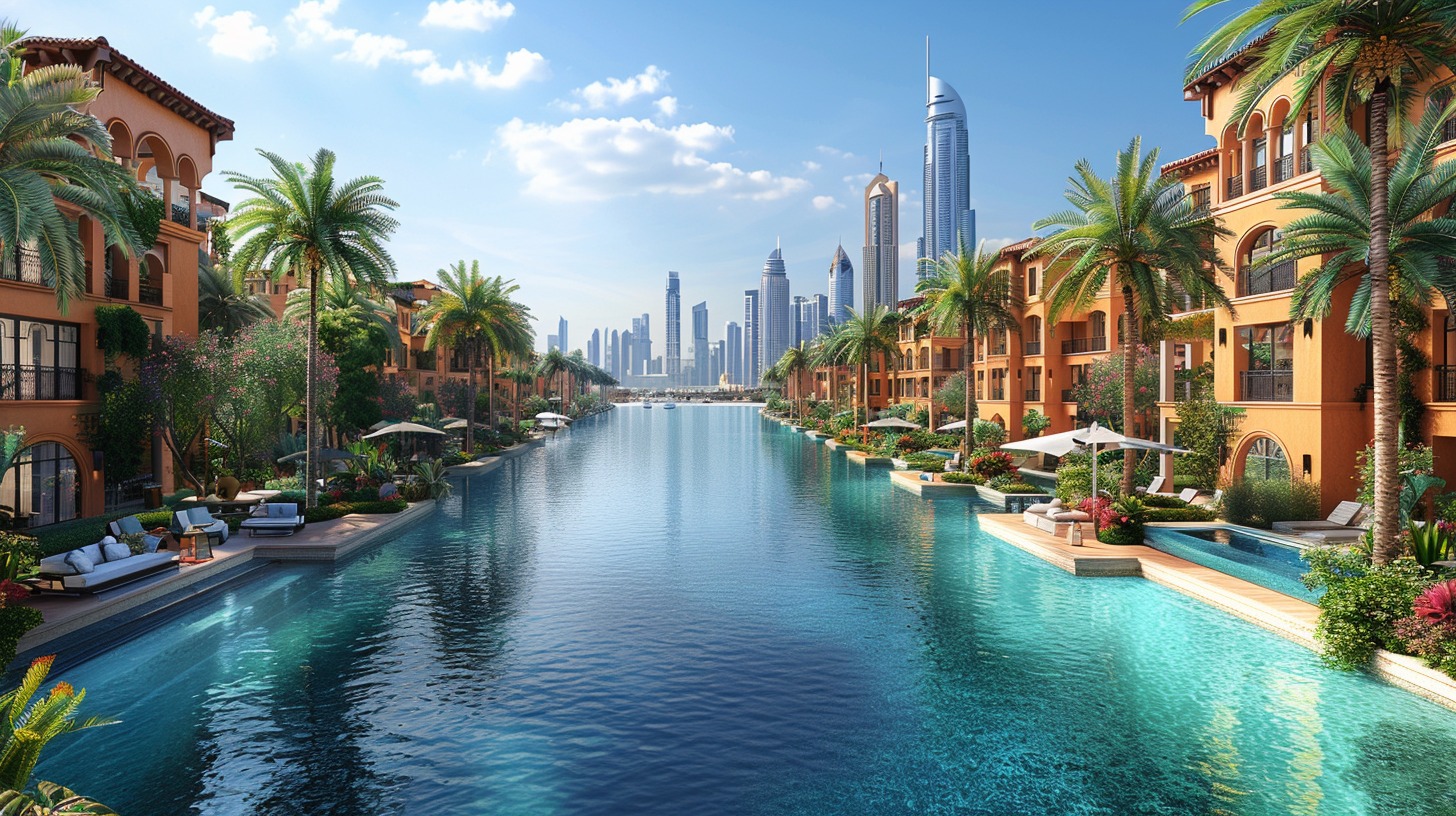Dubai has appeared as a prominent hub for business, luxury, and tourism. With its stunning skyline, exceptional infrastructure, and tax-free environment, the city has drawn numerous investors eager to purchase property in this dazzling desert metropolis. Additionally, there are plenty of options for property for rent in the UAE. However, like any financial decision, investing in real estate in Dubai comes with its own set of advantages and disadvantages. Let’s analyze the pros and cons of buying property in this vibrant city.
Advantages of Purchasing Property in Dubai
Attractive Rental Yields
Dubai’s rental market provides attractive yields for property owners, fueled by increasing demand from expatriates and tourists. With rental yields ranging from 6–10%, Dubai outperforms major global cities like Hong Kong, London, and New York. Key investment areas include Downtown Dubai, Dubai Marina, and Jumeirah Village Circle, known for their potential price appreciation.
Tax-Free Environment
Dubai’s tax-free environment, with no capital gains, income, or property taxes, makes it a highly attractive location for property investment. This benefit allows investors to retain more earnings and achieve higher returns compared to cities with rental income taxes.
Dynamic Real Estate Market
Dubai’s real estate sector is well-known for its rapid growth and high liquidity. The city’s strategic location, favorable economic outlook, and increasing population contribute to a thriving and vibrant real estate market.
World-Class Infrastructure
Dubai is renowned for its impressive skyscrapers, vibrant commercial centers, and advanced transportation systems. With modern infrastructure that includes top hospitals, educational institutions, and various leisure facilities, it creates an appealing urban setting for residents and visitors alike.
Safety and Stability
Dubai attracts homebuyers and investors with its safety and stability, making it ideal for families. Despite regional challenges, the UAE maintains political stability and fosters positive international relations. With anonymous crime reporting and Smart Police Stations, the city prioritizes citizen safety, making property ownership in Dubai a secure investment.
Ongoing Development
The Dubai government is committed to continuous improvement and innovation, making it an attractive destination for real estate investment. Notable achievements include the Burj Khalifa and The Palm Islands, with future developments like new road links, shopping malls, and recreational facilities aimed at enhancing accessibility and increasing property values.
Dubai Property Visa
Investors in Dubai real estate can secure long-term residency visas, including a golden visa for investments of AED 2 million or more, allowing them to live and work in Dubai for up to 10 years without employer sponsorship. A minimum investment of AED 1 million also qualifies for an investor visa, enabling family sponsorship. This offers great opportunities with strong financial returns and a high quality of life.

Cons of Buying Property in Dubai
Market Volatility
Dubai’s real estate market is highly volatile, with prices fluctuating due to market dynamics and external factors such as global economic events and government policy changes. Investors should proceed with caution and thoroughly research market conditions before making any investment.
Currency Fluctuations
Since the UAE Dirham (AED) is pegged to the US Dollar, currency fluctuations can affect the purchasing power of foreign investors, impacting their ability to engage in Dubai’s real estate market. It’s important for investors to consider these currency risks and prepare to manage their investments accordingly.
Initial Costs
In Dubai, buyers must consider additional fees on top of the property’s purchase price. These include a 4% fee to the Dubai Land Department, property registration fees (2,000 to 4,000 AED), mortgage registration fees, agency fees, and property valuation fees. These upfront costs can be challenging for those on a tight budget.
Legal Differences
Dubai operates under a unique legal framework, making it crucial for investors to familiarize themselves with local laws and regulations before purchasing property. A thorough understanding of the legal landscape, along with seeking professional legal advice, is essential to navigate the complexities of Dubai’s property market.
Oversupply
Dubai has faced an oversaturation of residential and commercial properties, resulting in declining property values and lower rental yields. Investors should thoroughly research market demand and supply to avoid investing in an oversupplied market.




